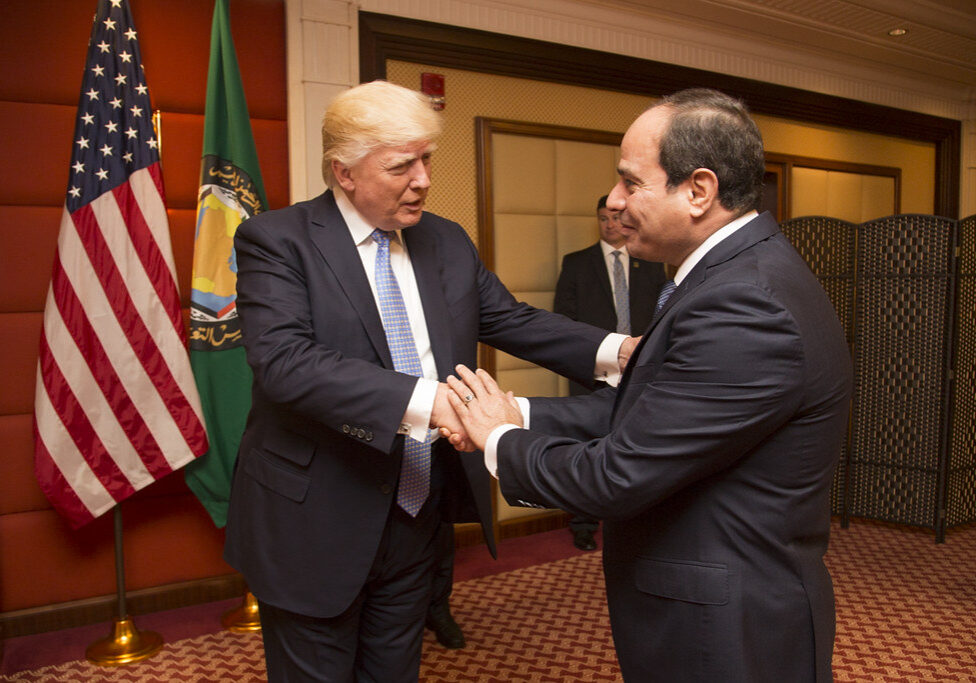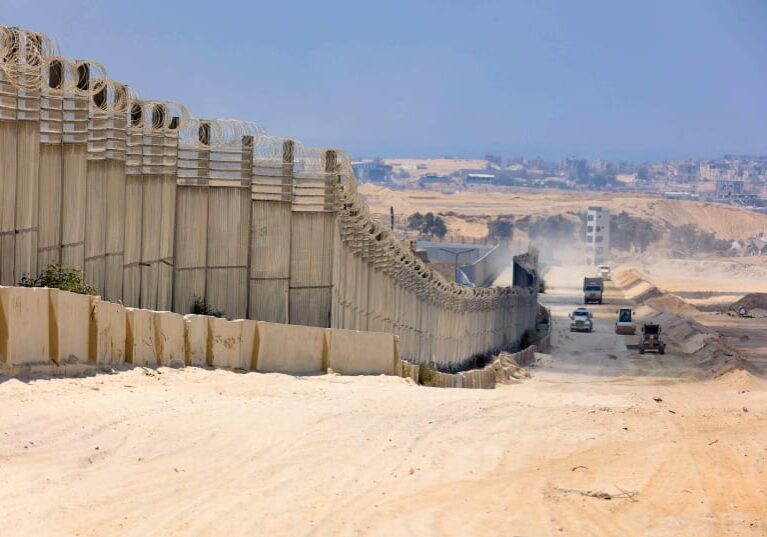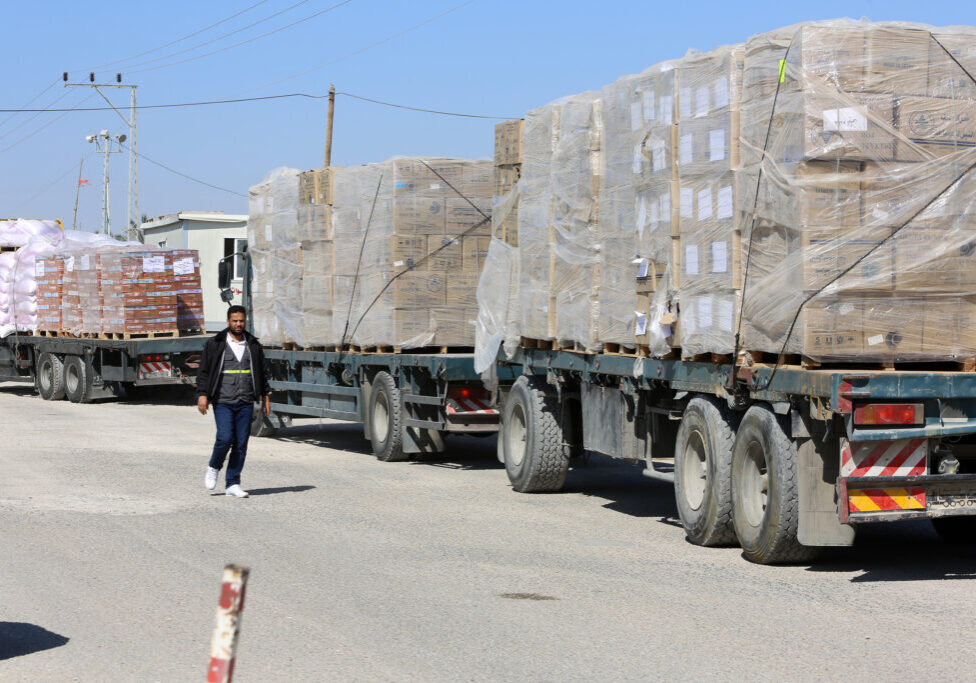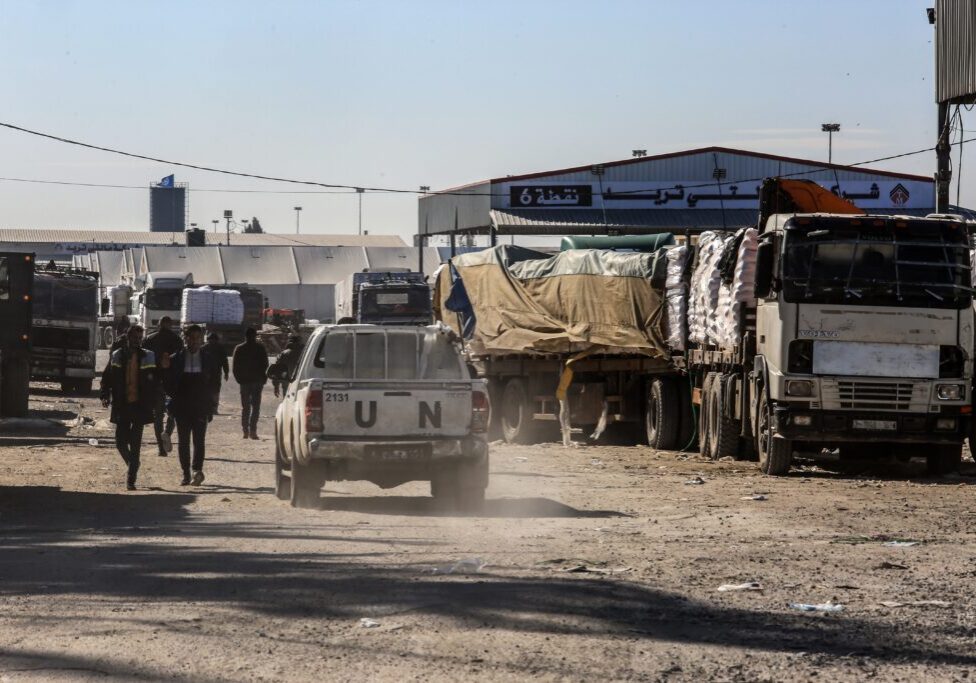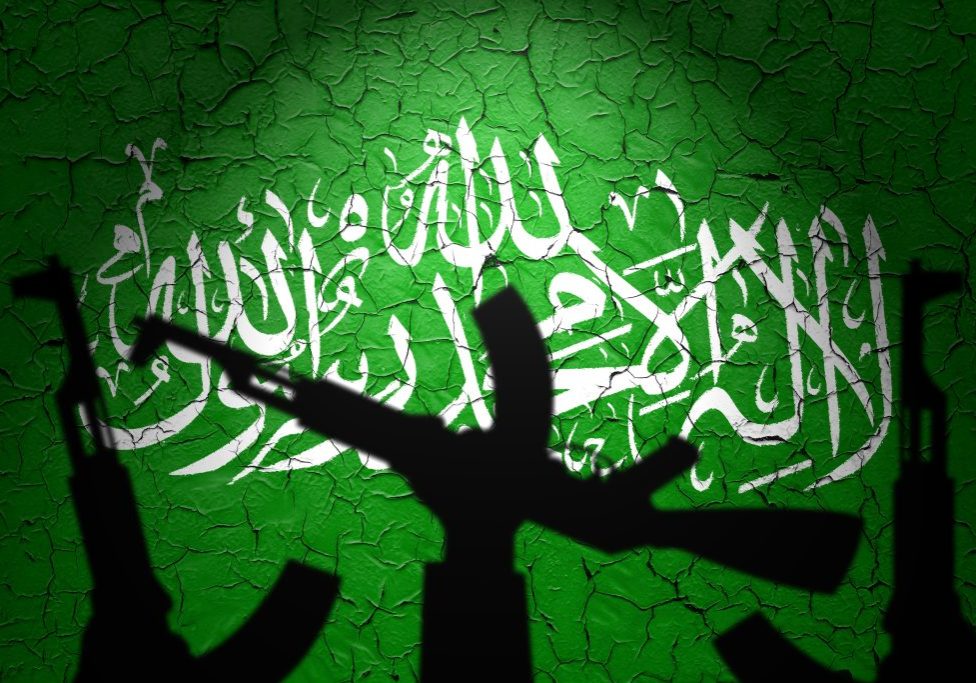Australia/Israel Review
O, Brother
Jul 2, 2012 | Robert Satloff

Robert Satloff
For both Middle Easterners and Americans, Muhammad Morsi’s victory in Egypt’s presidential election is a watershed moment. Eighty-four years after an obscure schoolteacher founded the Muslim Brotherhood, and nearly 60 years since the Egyptian army overthrew King Farouk and established a republic, Morsi’s success raises the prospect of Islamist governance in the most powerful and populous Arab state. For the United States, Morsi’s election, coupled with Osama bin Laden’s killing a year ago, underscores a shift from the threat of violent Islamist extremism to a new, more complex challenge posed by the empowerment of a currently nonviolent but no less ambitious form of Islamist radicalism.
Strangely, this is not how “conventional wisdom” sees Morsi’s victory. The New York Times, for example, described his election as only a “symbolic triumph.” That is because the military men who are hanging on to power in Egypt – the Supreme Council of the Armed Forces (SCAF) – stripped the presidency of considerable executive authority when they issued a “constitutional declaration” last week, arranged for the dissolution of the Islamist-controlled parliament by judicial authorities a few days earlier, and created a situation in which they retain control over both the process of writing a new constitution and the timing and rules for new parliamentary elections.
It would be a grave error, however, to fixate on the obstacles the army has put in the way of the Islamists without appreciating the latter’s remarkable ability to fill any political vacuum they are permitted to fill – first, by stepping into Tahrir Square to inherit a revolution waged by secularists; second, by trouncing all comers in winning three-quarters of the seats in parliamentary elections; and third, by taking the presidency. At every point in the past 17 months, when Egypt’s Islamists have faced a political challenge, they have triumphed. Betting against them now, merely because the SCAF has neatly executed a rearguard holding action, is probably unwise. And depending on how the SCAF plays the cards left in its hand, the obstacles it has thrown in the path of Islamist monopolisation of power may not be tools to derail the Brotherhood’s ambitions, but instead gambits to negotiate the best deal possible and retain military prerogatives in an Islamist-controlled state.
ON THE REGIONAL STAGE
It is difficult to exaggerate the regional implications of a Morsi victory. The key is not that Egypt will begin to flex its muscles in Middle Eastern politics – quite the contrary. With domestic politics sure to be roiled for at least the balance of 2012, Cairo will continue to be the non-player on the Arab, African, Mediterranean, and peace-process stages that it has been for quite some time. But the potent imagery of Brotherhood victory is likely to transcend that gritty reality. Even with Morsi’s powers hollowed out by military fiat, and even with the drama of his victory whittled down by the nearly week-long wait for confirmation, the example of Ikhwan [Brotherhood] political success will be a powerful intoxicant for some, and a poison to others.
While confirmation of Morsi’s victory may spare Egypt a potentially violent faceoff between Islamists and the military, the shockwaves will be felt across the Middle East. This ranges from the wilderness of Sinai, where more-violent Islamists will push the Ikhwani leader toward confrontation with Israel; to the suburbs of Aleppo and Damascus, where the Morsi example will be a fillip to Islamists fighting Alawite rule; to the capitals of numerous Arab states, especially the monarchies, where survivalist leaders mortified by the prospect that Islamist revolutions could trump their claims of religious legitimacy will double-down on their velvet-glove/iron-fist strategies to fend off the fervour for change.
Reactions will differ by country. Wealthy Gulf states, more fearful of the Brotherhood’s populist message than welcoming of its Islamist content, will offer aid to Egypt, but only enough to keep the country hungry without starving. Jordan, caught between an Egyptian Islamist rock and a Syrian jihadist hard place, will move closer to Washington and Israel. For its part, Israel will cling to the SCAF, with whom it has more intimate contact and better relations today than at any point in years. In other words, everyone will play for time.
IMPLICATIONS FOR WASHINGTON
The US Obama Administration is clearly not distraught at the idea of a Morsi presidency. Fearful of the mass violence that could have broken out at the announcement of an Ahmed Shafiq victory, the White House no doubt heaved a sigh of relief when the winner was declared. Even when it had the chance – before the second round of presidential voting – to signal its concern that a Morsi victory could negatively impact US interests in terms of regional security or civil liberties, the Administration chose not to do so. Instead, it limited itself to anodyne statements about “building a democracy that reflects [Egypt’s] values and traditions” – whatever that means, given the country’s 5,000-year history of Pharaonic and autocratic rule.
Indeed, only when it no longer mattered – after the Morsi victory announcement – did the White House issue an official statement specifically underscoring the importance of “respecting the rights of all Egyptian citizens – including women and religious minorities such as Coptic Christians,” and noting that it is “essential” for Egypt to maintain its role as “a pillar of regional peace, security and stability.” Those are powerful words that might have resonated with key constituencies if issued earlier. Assuming that the election was reasonably clean, that same message – delivered publicly and personally by the Vice President or the Secretary of State before the election – could have affected the outcome.
Morsi’s victory may have averted a domestic Egyptian crisis in the near term, easing the burden for a US Administration that already faces at least two other urgent Middle East crises (the collapsing nuclear negotiations with Iran and a Syrian-Turkish flare-up that might suck Washington into the anti-Assad war it is avoiding at all costs), but its longer-term implications are potentially dire. Even with his powers circumscribed, Morsi will have considerable sway over three key national decisions: first, whether Egypt’s new Government addresses its urgent economic problems by acceding to populist demands for “social justice” or international and business-oriented demands for investment-focused market reforms; second, whether it prioritises the Islamisation of public space as a way to reward supporters and counteract the bitter pill of economic austerity; and third, whether an emboldened Brotherhood will export its political success to the West Bank, Jordan, Syria, or elsewhere as part of an effort to invigorate Egypt’s dormant regional role. It is difficult to imagine a Morsi-led Egypt adopting policies that align with US interests on all three of these questions; indeed, he may well pursue problematic policies on each of them.
Figuring out Morsi’s direction on these issues – and gauging his reaction to costs Washington should consider imposing in the event he chooses a confrontational course – is a top US priority. Morsi’s early calming words notwithstanding, President Obama should refrain from giving further stamps of approval until the incoming leader and the government he will head clarify their approach on these core issues.
In policy terms alone, it makes little sense to embrace Morsi before then, never mind the political downside of scheduling an early Washington visit for a doctrinaire leader who extols Hamas, promises to “revise” the Egypt-Israel peace treaty, founded the Committee to Fight the Zionist Project in Sharqiyah, and drafted the Brotherhood’s anti-women, anti-Coptic election platform just five years ago.
Such clarity will also offer a clue to an even more fundamental question. A decade ago, bin Laden offered a model of Islamist governance – austere, Manichean, and bloodthirsty – that the Muslim masses rejected not for its ideological goal of creating an Islamic state, but for its sadistic, inhumane tactics, especially regarding innocent Muslims who were either targets or incidental victims of bin Laden’s butchery. The Brotherhood’s model of Islamist governance is undoubtedly different from bin Laden’s, but is it a difference in means, ends, or both? Before that model goes viral across the Middle East – with what many Middle Easterners view as Washington’s blessing, no less – the Obama Administration, and likeminded allies, should fashion a series of policy dilemmas for Egypt’s new president and his colleagues to clarify answers to that key question. Given the blood and treasure expended to prevent the spread of al-Qaeda’s message, failure to secure clarity on this critical issue could spell disaster for America’s remaining partners in the Middle East.
Robert Satloff is Executive Director of the Washington Institute for Near East Policy. © Washington Insititute, reprinted by permission, all rights reserved.
Tags: Egypt

